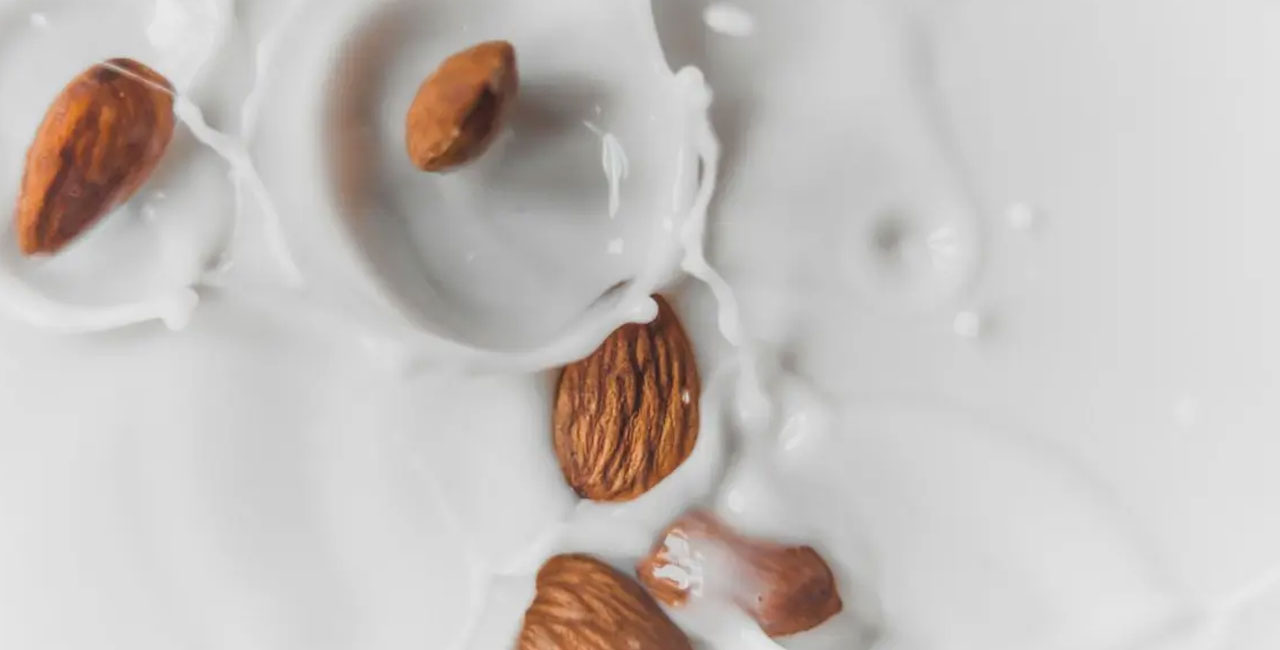
As cow milk transporters, we are more than familiarized with its characteristics and conservation. We are also conscient of the popularization of vegetable drinks in the last years and that they tend to compare a lot with cow milk.
In this post we will focus on the differences and commonalities between the two beverages. From aspects such as how they are obtained and preserved to the nutritional values of each.
We don’t have many doubts about how cow milk is obtained. The mammary glandules of the cows transform the nutrients in milk and it gets stored on the udders. In the milking Parlors, milk is extracted from the cows twice a day, at regular times, and will be placed in a refrigerated tank until it is transported in food tankers for further treatment before being distributed for sale.
Throughout this process, we must not forget the importance of maintaining the cold chain to guarantee an optimum level of conservation.
The amount of milk a cow can produce per day depends on factors such as age, breed, health, etc. But in general terms, the average is around 20 litres per day.
On the other hand, lactose-free milk, an alternative for people with lactose intolerance, is obtained from normal milk by breaking the lactose bond. This can be done by passing it through a carrier with the enzyme immobilised or by adding lactase.
Vegetable drinks, on the other hand, are obtained in a completely different way. They are made by mixing water with nuts, cereals or seeds. Depending on the ingredients and the desired result, the process may vary, but they are usually hydrated with water for a while to release their nutrients or boiled for a few hours. The next step is to grind them and then filter and sweeten them.
Plant-based milks are characterised by their wide variety. Let's see how many types of plant-based drinks you know and have tried:
The list goes on, you can make a vegetable drink from almost any nut, cereal or seed - variety is the spice of life!
When it comes to the nutritional values of cow's milk and plant-based drinks, there is a tendency to think that plant-based drinks have a much poorer nutritional value.
What we should do in this area is to check the ingredients and composition of each drink. Depending on how it has been obtained and the additives it has, it may have a greater or lesser amount of calories and sugars, as well as proteins and vitamins.
Many vegetable drinks have high levels of sugar. We must pay attention to all the ingredients that are added in the preparation. Organic brands follow more natural processes, with less added ingredients and their nutritional values are usually better.
Cow's milk tends to stand out especially for nutrients such as calcium. In this case, we should also check the ingredients and the nutritional table. In addition, it should be borne in mind that semi-skimmed and skimmed milks have fewer calories and fat than whole milks, but also lose other nutrients in the process. Semi-skimmed milk is the most recommended of the three because it achieves a better balance.
On the other hand, while all cow's milk is gluten-free, some vegetable drinks may be gluten-free, depending on their ingredients. In the case of coeliac disease, gluten-free vegetable drinks should be checked.
Taking into account the way each drink is obtained; we can understand that cow's milk is more delicate and it is especially important to take care of the cold chain. It should be kept refrigerated at all times, especially until it is pasteurised.
Vegetable drinks should also be kept refrigerated until the moment of consumption, since at room temperature their microorganisms are activated.
Regarding the time of consumption once opened, it is recommended not to exceed 3 days for cow's milk and vegetable drinks. After this period, they begin to oxidise and progressively lose their properties.
After making this comparison between cow's milk and vegetable drinks, we can only emphasise that we are talking about completely different concepts. Their method of production, composition and nutritional values are different. As is their taste. In addition, vegetable milks are a very interesting option for vegetarians, vegans or lactose intolerances.



This has been the work of Sr. Concejo

